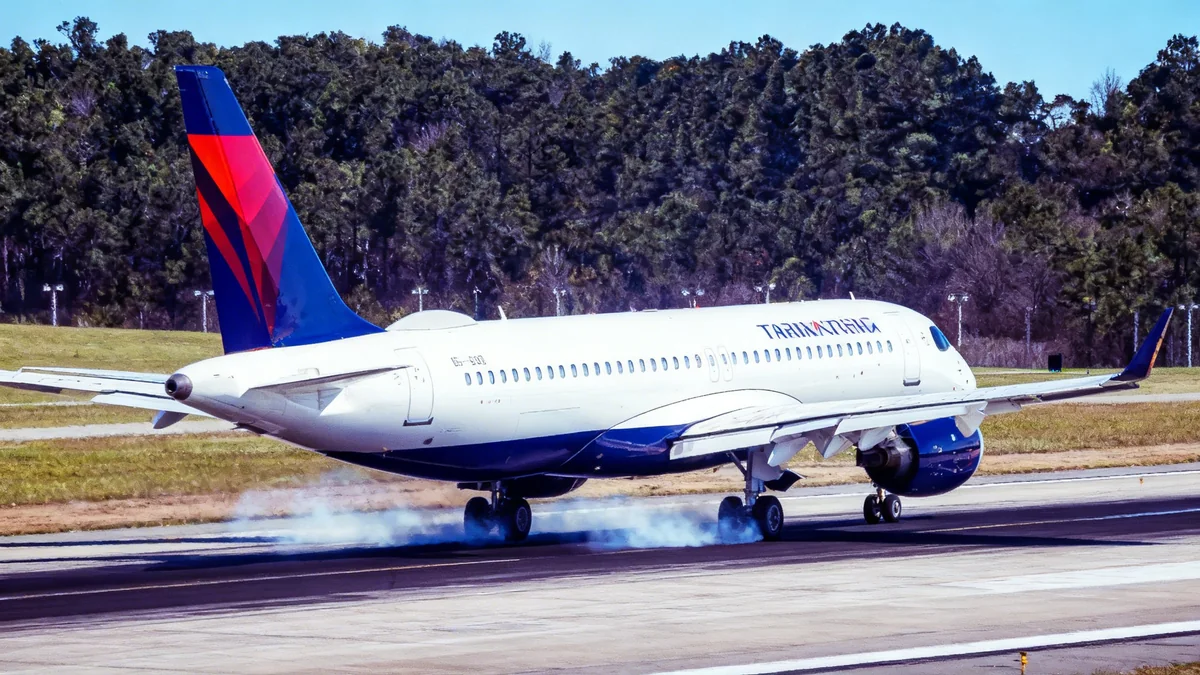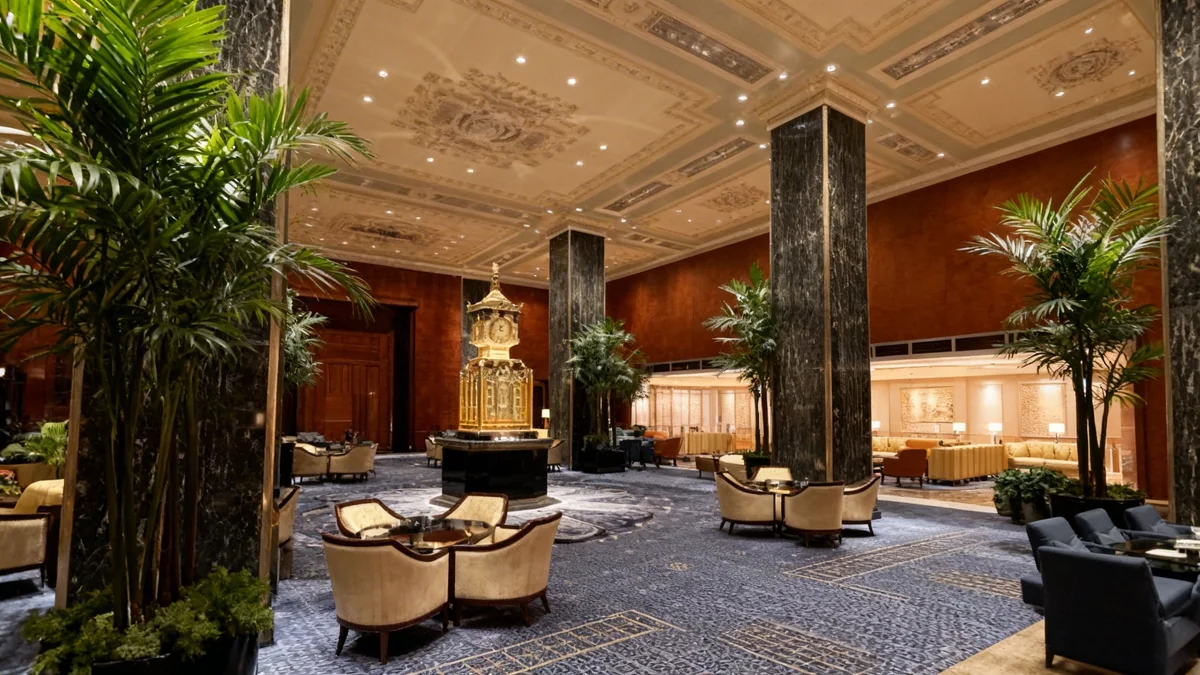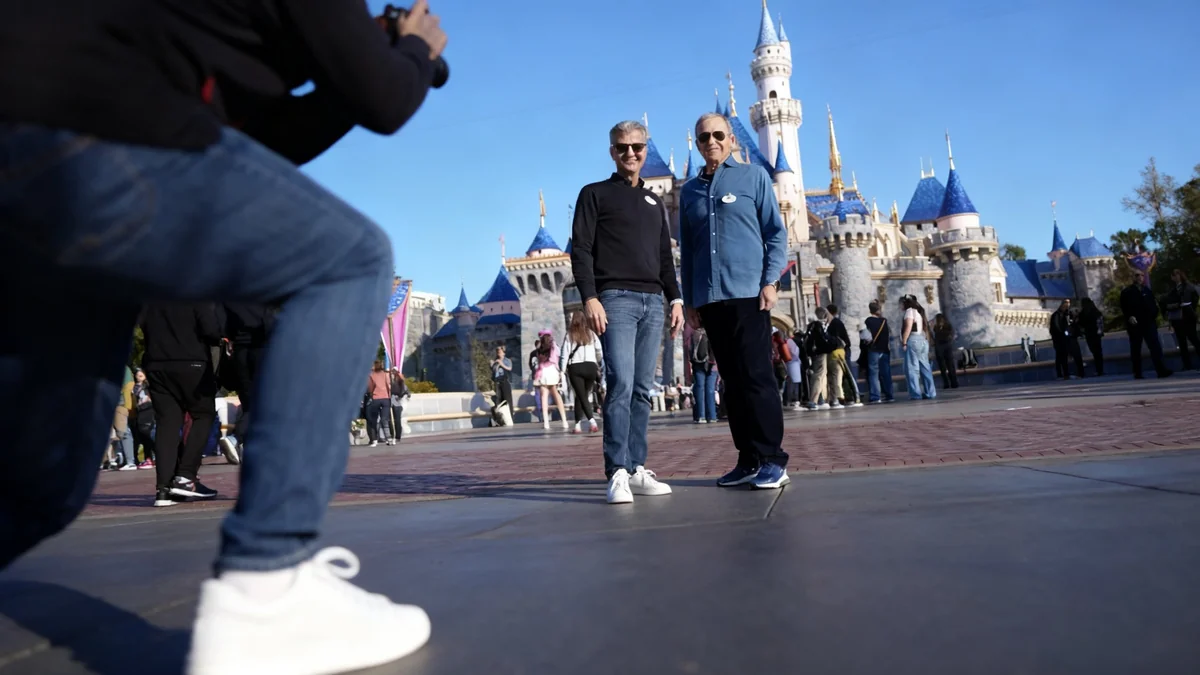The competition for three lucrative downstate New York casino licenses has narrowed, as the final three contenders submitted supplemental applications on Tuesday. The proposals, from Genting Group, Bally's, and a partnership between New York Mets owner Steve Cohen and Hard Rock International, now move to the next stage of review by the New York State Gaming Facility Location Board.
Key Takeaways
- Three applicants have submitted final proposals for downstate New York casino licenses: Genting Group, Bally's, and a Cohen/Hard Rock partnership.
- Genting aims to convert its existing Resorts World New York City facility in Queens into a full-scale casino with live table games.
- Bally's proposes a new casino complex on a portion of its golf course in the Bronx.
- Steve Cohen and Hard Rock plan to build an entertainment and casino destination adjacent to the Mets' stadium in Queens.
- The submission of these applications marks a critical milestone in the state's selection process for the highly sought-after licenses.
The Final Contenders and Their Proposals
After a lengthy and competitive process, three major players in the gaming and entertainment industry have formally advanced their bids. The New York State Gaming Facility Location Board received the detailed supplemental applications on October 15, setting the stage for a final decision on which projects will receive the coveted licenses to operate full-service casinos in the New York City metropolitan area.
Each proposal represents a distinct vision for bringing full-scale casino gaming to the region. The plans range from expanding an existing successful venue to constructing entirely new, multi-billion-dollar entertainment destinations. The decision will have significant economic implications for the chosen boroughs.
Background on Downstate Licenses
New York State authorized up to three full-scale casino licenses for the downstate region, which includes New York City, Long Island, and Westchester County. Unlike the state's upstate casinos, these new facilities will be permitted to offer live dealer table games like blackjack and poker, in addition to slot machines. This authorization has triggered intense competition due to the massive market potential of the New York City area.
Genting's Resorts World Expansion Plan
Genting Group is seeking to leverage its established presence in Queens. The company operates Resorts World New York City at the Aqueduct Racetrack, currently a successful video lottery terminal (VLT) facility focused on electronic games and slots.
Their proposal aims to transform the existing property into a full-fledged casino. This would involve adding live dealer table games, expanding dining and entertainment options, and potentially adding new hotel facilities. By upgrading a current location, Genting argues it can deliver tax revenue and jobs to the state faster than a project built from the ground up.
Resorts World New York City is already a major revenue generator for the state's education fund. Proponents of the plan emphasize that the infrastructure is largely in place, which could streamline the transition to a full-scale casino operation and minimize community disruption compared to new construction.
Did you know? Resorts World New York City, in its current form, is one of the most successful slot parlors in the United States, contributing billions of dollars to New York's education budget since it opened.
Bally's Vision for the Bronx
Bally's Corporation is proposing an entirely new development in the Bronx. The plan involves building a casino and resort on a portion of the public land currently occupied by the Bally's Links golf course at Ferry Point, a site previously managed by the Trump Organization.
The company envisions a destination that would not only include a casino but also hotel accommodations, conference spaces, restaurants, and live entertainment venues. Bally's has positioned its bid as an opportunity to bring significant economic development and career opportunities to the Bronx, a borough that has historically seen less large-scale private investment than Manhattan or Queens.
A key part of the Bally's proposal is its commitment to community benefits, including job creation for local residents and dedicating a portion of the land for public green space. However, the plan faces scrutiny regarding the use of public parkland for a private commercial enterprise.
Cohen and Hard Rock's Queens Entertainment Hub
The third major proposal comes from a powerful partnership between billionaire New York Mets owner Steve Cohen and the global hospitality brand Hard Rock International. Their project, dubbed Metropolitan Park, is planned for the 50 acres of asphalt parking lots surrounding Citi Field, the Mets' home stadium in Queens.
This ambitious plan extends beyond a simple casino. It includes:
- A Hard Rock hotel and casino
- A live music venue
- A food hall featuring local cuisine
- Conference and event spaces
- Extensive public green space and athletic fields
The developers argue that their project would create a year-round entertainment destination, revitalizing the Willets Point area and complementing the existing sports complex. Cohen has invested heavily in community outreach to build support for the $8 billion project, framing it as a transformative investment for Queens.
"These proposals represent billions of dollars in potential investment, promising thousands of jobs and significant new tax revenue for New York. The board's decision will shape the economic landscape of the chosen communities for decades to come."
The High-Stakes Licensing Process
The submission of supplemental applications is a pivotal step, but the process is far from over. The New York State Gaming Facility Location Board will now conduct a thorough review of each proposal's financial viability, economic impact, and community support.
Each applicant must also navigate the complex local land-use review process, which requires approval from a Community Advisory Committee and local elected officials. Public hearings and community feedback will play a crucial role in determining which projects gain the necessary political and social license to operate.
The state is expected to collect a licensing fee of at least $500 million per casino, representing a major upfront revenue source. The long-term tax revenue from gaming operations is projected to be in the hundreds of millions of dollars annually, making the selection process one of the most significant economic policy decisions for the state in recent years.





